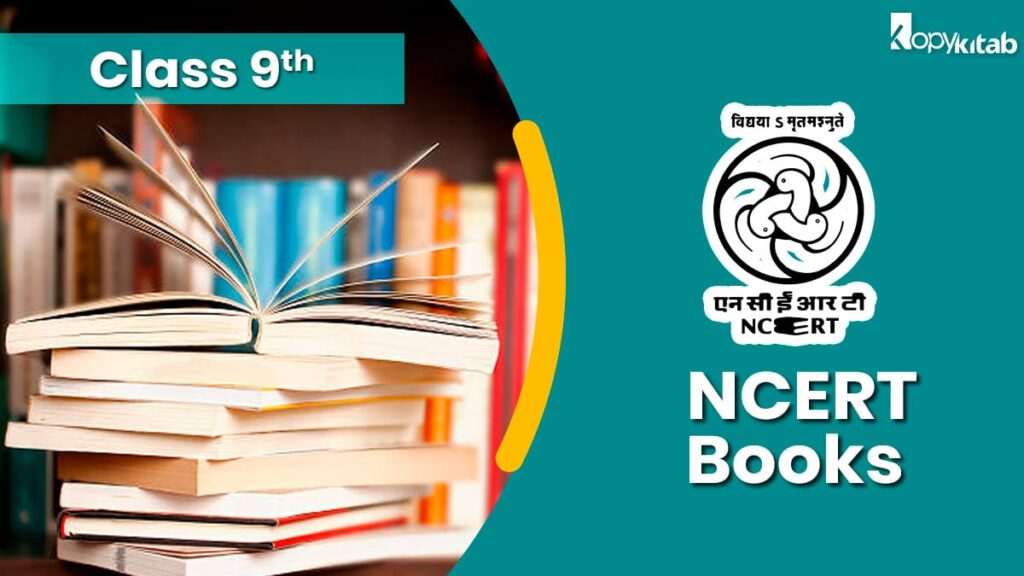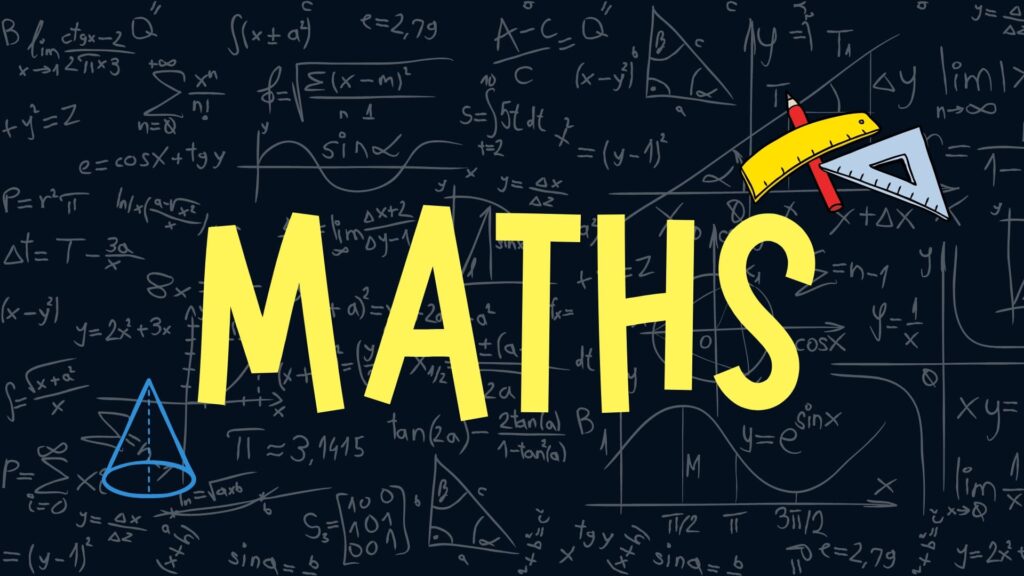Democracy is not just about people electing their rulers. In a democracy, the rulers have to follow some rules and procedures. They have to work with and within institutions. Chapter 4 of CBSE Class 9 Political Science is about the working of such institutions in a democracy. We have also compiled here CBSE Class 9 Political Science Chapter 4 Working of Institutions Important Questions from the Chapter. These questions framed from the main topics of the Chapter help students revise most competently.
Download CBSE Class 9 Political Science Chapter 4 Working of Institutions Important Questions PDF
Working of Institutions
1. What is an Office Memorandum? Explain.
2. How is a major Policy Decision taken?
3. Can you think of a major decision made by your state government? How were the Governor, the Council of Ministers, the state assembly and the courts involved in that decision?
4. Is every Office Memorandum a major political decision? If not, what made this one different?
5. Why do we need a Parliament?
6. Our Constitution does give the Rajya Sabha some special powers over the states. But on most matters, the Lok Sabha exercises supreme power. Explain with points.
7. Write a note on the Presidential System.
8. Explain our system of Elections.
9. Who are the three categories of ministers in the council?
10. Explain any three functions of the parliament.
11. Write a note on the Judiciary.
12. Give one reason each to argue that Indian judiciary is independent with respect to:
- Removal of judges
- Powers of the judiciary
- Appointment of judges
13. Define the term “Judicial Review”.
14. Explain the term “Coalition Government.”
15. Write a brief note on the procedure for Impeachment of the President.
16. Why are the elections considered as an integral part of democracy? Explain.
17. Judiciary can strike down a law if it goes against the spirit of the Constitution. True or False?
18. Define the “Electoral Roll” or “Voter’s List.” Explain its importance.
19. A teacher was making preparations for a mock parliament. She called two students to act as leaders of two political parties. She gave them an option: Each one could choose to have a majority either in the mock Lok Sabha or in the mock Rajya Sabha. If this choice was given to you, which one would you choose and why?
20. Explain the difference between the cabinet and the council of ministers.
21. Which are the two types of executives in a democratic country like India?
22. How are the Prime Minister and the council of ministers appointed?
23. Give reasons for why we need a parliament.


![NCERT Books for Class 9 Science [2023 -24 Edition Revised Syllabus] PDF Download](https://cbsejeeneet.com/wp-content/uploads/2023/07/WhatsApp-Image-2023-07-17-at-14.06.59-1024x575.jpg)
